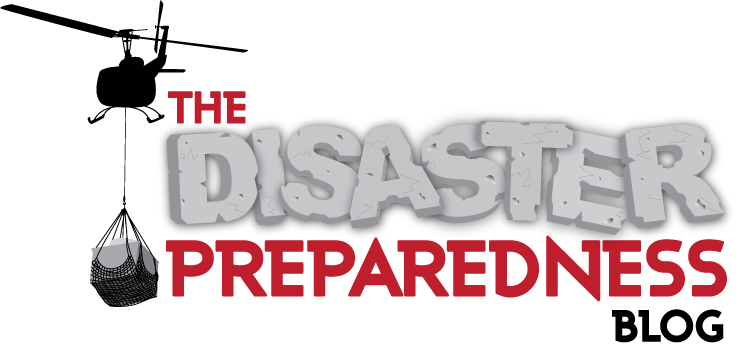Wine Owner Suffers $1 Million Loss After Accident
 Sunday, July 24, 2011 at 3:27PM | |
Sunday, July 24, 2011 at 3:27PM | |  Email Article
Email Article In the last few years there have been a number of mishaps involving wine and wineries resulting in losses impacting their businesses. The latest of these events involves the estimated loss of more than $1 million worth of 2010 Mollydooker Velvet Glove Shiraz.
Sparky Marquis, the owner of Mollydooker wines was planning to ship the wines to the United States to formally launch the wine for the first time. With only one case of the 462 cases surviving the fall, the launch will now have to wait. The wine was valued at 185 Australian dollars per bottle ($200 U.S.).
As I mentioned earlier, this is not the only mishap to occur in the wine industry in the last few years.
Consider what you would do if the following occurred at your winery:
- Contamination from cleaning solvents used in the bottling process ruins $60,000 worth of wine.
- An employee doesn’t turn off a tank valve, and you lose 20,000 gallons of wine due to leakage.
- An employee accidently drives a forklift into a wine tank, causing the tank to collapse and the wine to spill out, potentially resulting in $100,000 in damages.
Several years ago a massive fire broke out at a wine storage facility causing $2,000,000 in losses and wiping out entire inventories of wine.
Coupling my love of wine with business continuity planning I wanted to us this post to show that nearly any business can benefit from proper contingency planning. Why? With proper planning many of these mishaps do not have to result in the complete loss of inventories, income, or even result in complete business disruptions.
I'll be doing an upcoming post on what you can do to implement a business continuity plan at no cost.







